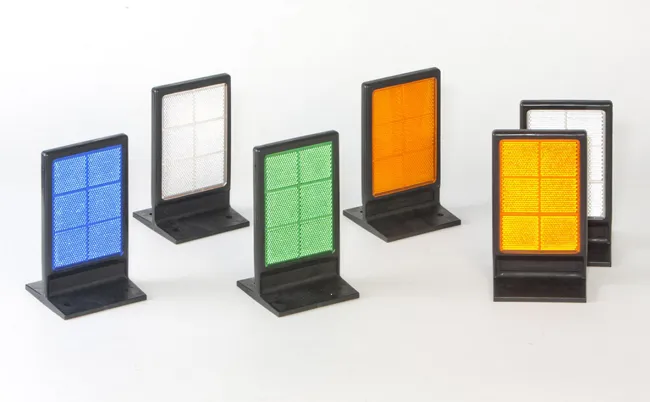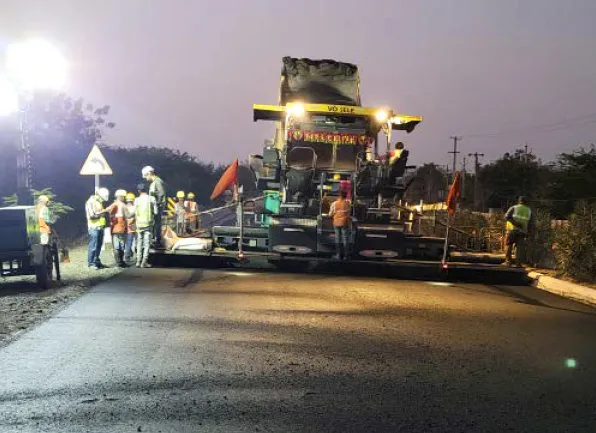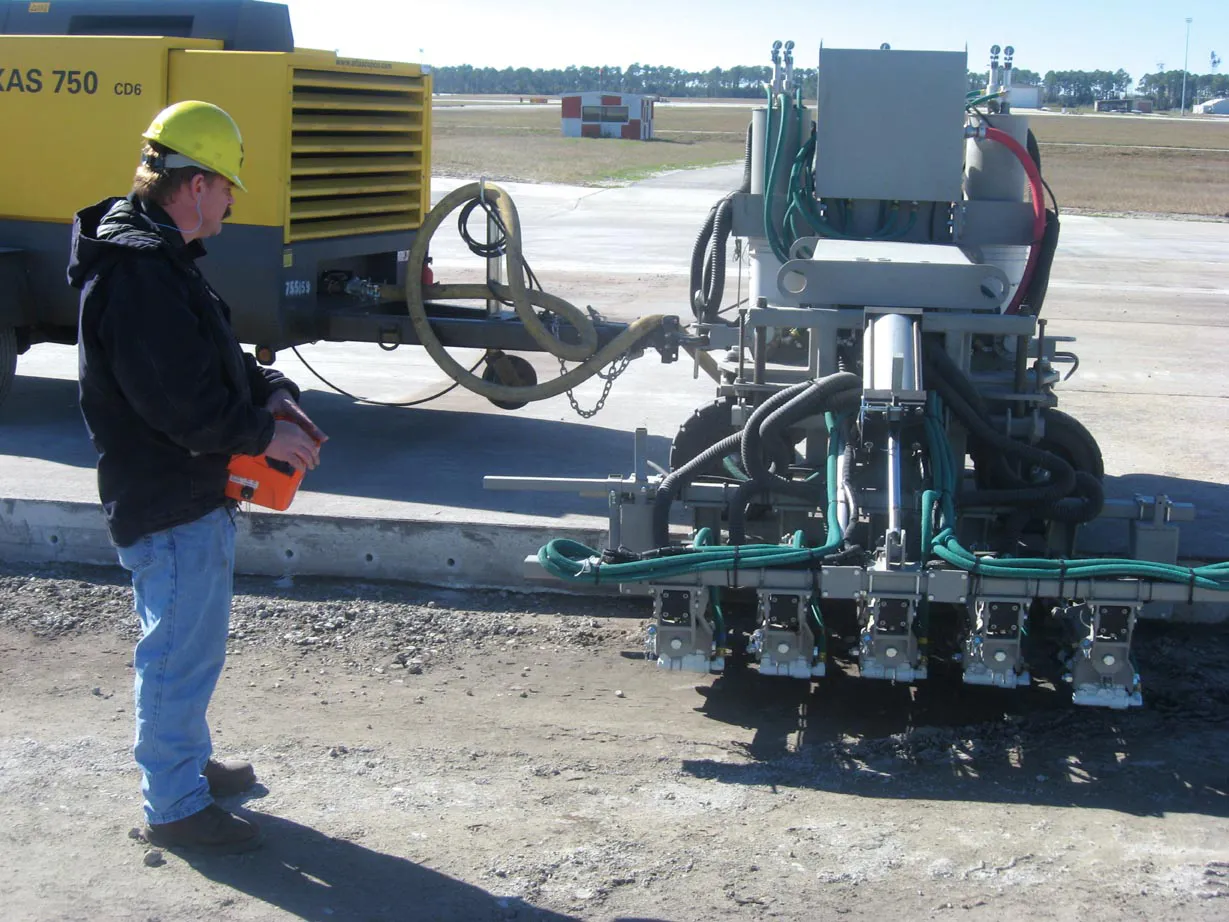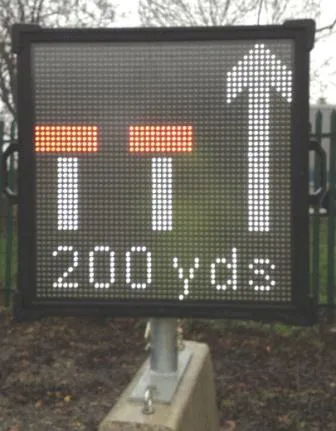Traffic safety specialist SeñalConfor says its flexible reflectors have high-reflectance catadioptric plates sealed hermetically by injection into a flexible EVA - ethylene-vinyl acetate - body. This makes the rectangular flexible reflectors resistant to bends caused by wind or impacts and weather for many years, according to the company that was set up in Barcelona, Spain, in 2007. The units can be fixed onto a surface by plastic plugs or by mono-component adhesive recommended and tested by SeñalConfor.
July 3, 2019
Read time: 2 mins

Traffic safety specialist SeñalConfor says its flexible reflectors have high-reflectance catadioptric plates sealed hermetically by injection into a flexible EVA - ethylene-vinyl acetate - body. This makes the rectangular flexible reflectors resistant to bends caused by wind or impacts and weather for many years, according to the company that was set up in Barcelona, Spain, in 2007. The units can be fixed onto a surface by plastic plugs or by mono-component adhesive recommended and tested by SeñalConfor.
This type of reflector is manufactured in accordance with the standard EN 12899-3 or type D4 and can have R1 retroreflective type devices (film) or the type R2 (reflectors).
SeñalConfor also produces metal barrier reflectors that have catadioptric plates fixed by aluminium rivets to a hot galvanised steel housing. The plate is made of optical polycarbonate and treated to produce excellent scratch resistance and reduced UV degradation. As with the company’s flexible reflectors, the barrier reflectors are manufactured to standard EN 12899-3.








